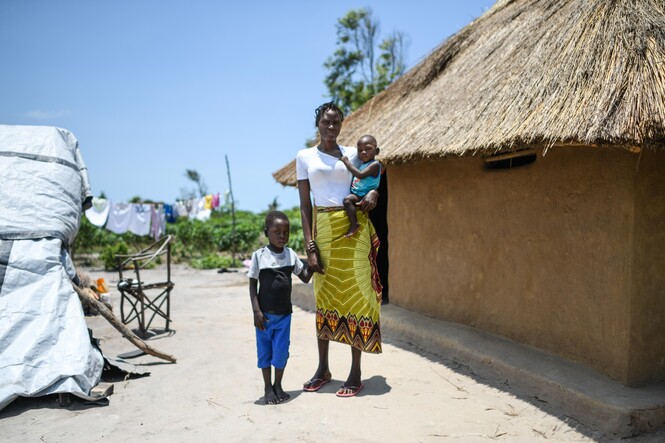
The report, Laws, Policies and Plans for Disaster Recovery: Multi-Country Synthesis Report, analyses how laws, policies and plans have been used to support the recovery from recent, major disasters in Australia, Brazil, Italy, Indonesia, Mozambique, Sierra Leone, Spain and The Bahamas.
Rachel Macleod, report author and IFRC Senior Disaster Law Officer, says laws, policies and plans provide the foundations of a strong recovery system which provides timely and appropriate recovery assistance to disaster-affected people and communities.
“It is important to develop laws, policies and plans for recovery in advance rather than hastily improvising after disasters. Having appropriate laws, policies and plans in place can enable rapid recovery assistance, adequate funding and effective coordination.
“It is also critical to have strong institutional arrangements for recovery, including a standing government entity responsible for coordinating recovery. Standing entities can develop recovery readiness, foster a specialised recovery workforce, and implement continuous learning and improvement.
“Too often, recovery assistance dries up long before communities have fully recovered, leaving them in the lurch. Recovery laws, policies and plans need to address the long-term, by providing for coordination mechanisms, funding and programs to continue for many years after a disaster.”
Using data from 100 countries, the report highlights that only 16 per cent of countries have disaster management legislation containing detailed provisions on disaster recovery. By contrast, the percentage is 54 per cent for risk reduction, 75 per cent for preparedness and 75 per cent for response.
The report also finds that many countries do not systematically develop detailed pre-event recovery plans, instead only developing post-event plans. Another key issue is that recovery plans, institutional arrangements and funding often do not encompass long-term recovery.
Although the report generally finds a lack of pre-planning and preparedness for recovery, it does identify some positive trends in recovery governance.
Many of the countries studied have developed comprehensive, multisectoral recovery plans and coordination mechanisms following recent, major disasters. Most of the countries have laws, policies or plans that clearly commit to integrating risk reduction into recovery consistent with the ‘build back better’ principle propounded by the Sendai Framework.
The report provides comprehensive recommendations on how to strengthen domestic laws, policies, plans and institutional arrangements for disaster recovery. These recommendations will form part of the IFRC’s Guidelines on Disaster Governance, a pilot version of which will be released for consultation in late 2023.